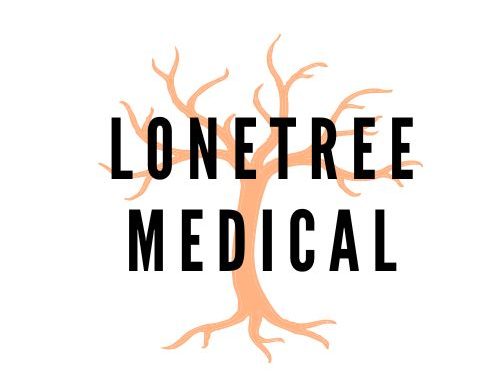Donation FAQ’s
These are a number of questions frequently asked by those interested in whole body donation. We, at Lonetree Medical Donation, understand that you may have additional or different questions and ask that you call for additional information.
How do I register with Lonetree Medical Donation?
There are two ways you can register with Lonetree Medical Donation. First, by simply printing, signing, and mailing our Pre-registration Packet (this helps inform your family and eliminates any confusion regarding your wishes). Second, after death, the legal next of kin can give consent for body donation. Both forms are available upon request. Pre-registration is not a requirement to become a donor with Lonetree Medical Donation.
Who is eligible to donate?
In Colorado, any person of legal age and of sound mind may donate their remains for use in medical research. Any individual under the age of 18 may become a donor with his or her parent or legal guardian’s consent.
There are some conditions which might invalidate a donation. However, Lonetree Medical Donation cannot accept a donor that has tested positive for:
HIV/Aids
Hepatitis B or C
Determination of the acceptability of a body for donation can only be made at the time of death, since the cause of death may render the donation unusable for study. After death, a medical/social history questionnaire must be completed to determine eligibility.
Can I donate organs for transplant?
Yes! Lonetree Medical Donation encourages those who are interested to donate organs for transplant purposes in view of the great and continuing need for such organs. We will work closely with the transplant bank to ensure your wishes for organ transplant are followed as well as whole body donation. Non-Transplant Anatomical Donation (NTAD) can occur after recovery of organs, eyes and/or tissue for transplant, or when donation for transplantation is not an option. Whenever indicated, donation for transplant should take precedence over NTAD.
What costs are associated with donation?
Lonetree Medical Donation is supported by a host of reputable researchers who utilize the gifted organs and tissue for medical research and education. As a service company, we operate on a cost recovery basis whereby the medical and scientific community provide reasonable fees for Informed Consent or Authorization, Donor Acceptability Assessment, Acquisition, Traceability, Transport, Preparation, Storage, Release, Distribution, Evaluating Intended Use and Final Disposition. Therefore, there are no costs involved with whole body anatomical donation.
Lonetree Medical Donation provides two certified death certificates at no cost as well. Additional certified copies of the death certificate are available upon request from the County Health Department where the death occurred. Please allow at least 10 working days for the certificate to be completed and filed with the appropriate County Health Department.
What type(s) of research do you support?
Here is a non-comprehensive and growing list of medical research endeavors that we currently support. This list can change as the researcher’s needs determine.
Alzheimer’s/Parkinson’s
Dementia
Asthma & COPD
Cystic Fibrosis
Heart/Kidney/Liver Disease
Arthritis
Cancer
Diabetes
Leukemia
Osteoporosis
MS and MD
